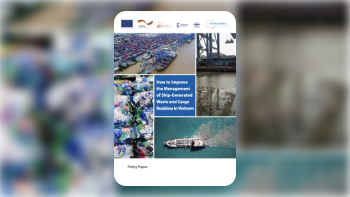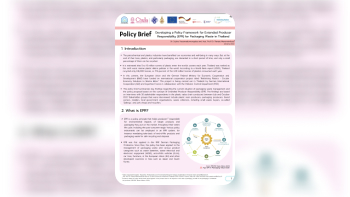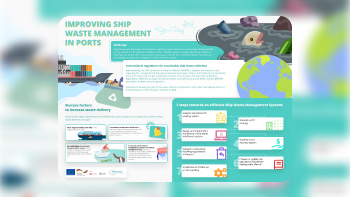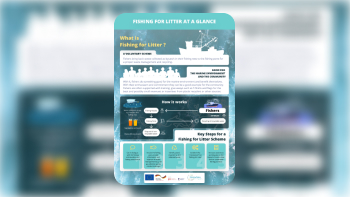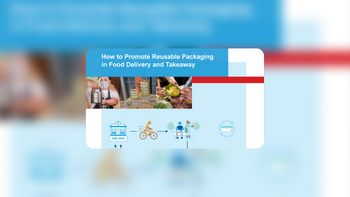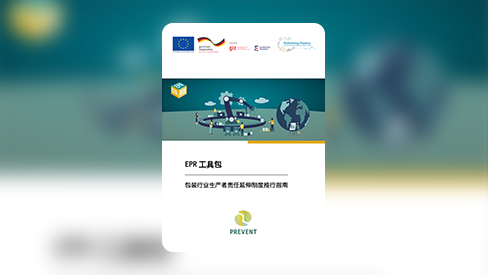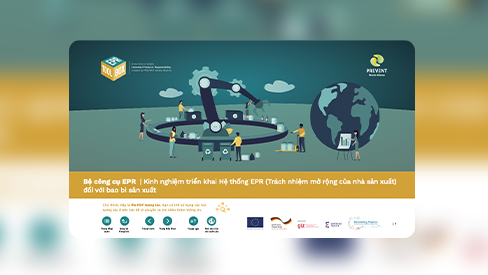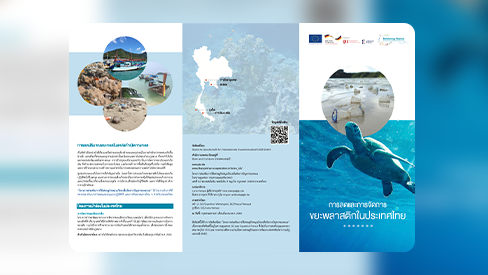- pdf: https://rethinkingplastics.eu/media/acfupload/Policy_paper_How_to_Improve_the_Management_of_Ship-Generated_Waste_and_Cargo_Residues_in_Vietnam.pdf
- Text Body 1:
The Policy Paper shares insights about efficient waste collection from ships in Vietnam based on European experiences, international regulations and an assessment of the current situation. It also summarises steps for improving ship waste management based on learnings from pilot activities in Cat Lai Port.
If ships calling ports cannot deliver their waste at port reception facilities or other collection systems, they are indirectly forced to dump it illegally into the sea. It is therefore vital that the waste collected from ships is managed properly on land and to the extent possible merged into the municipality waste streams. The Policy Paper shares insights about efficient waste collection from ships in Vietnam based on European experiences, international regulations and an assessment of the current situation. It also summarises steps for improving ship waste management based on learnings from pilot activities in Cat Lai Port.
The Policy Paper shares insights about efficient waste collection from ships in Vietnam based on European experiences, international regulations and an assessment of the current situation.

